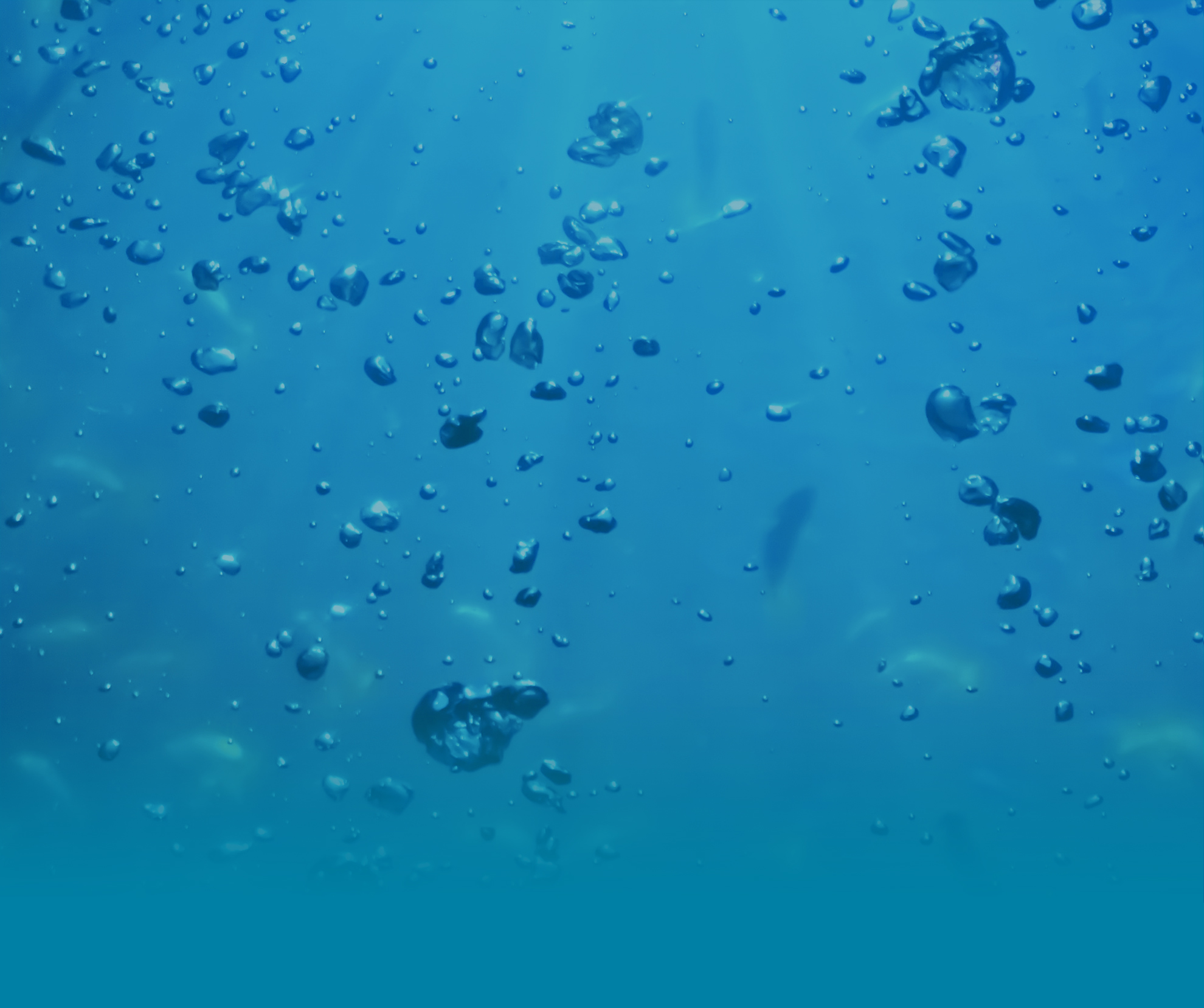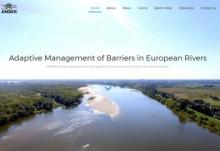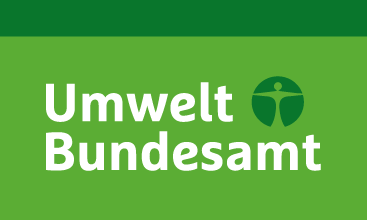Das Forschungsprojekt AMBER (Adaptive Management of Barriers in European Rivers) beschäftigt sich mit der Bewertung von Querbauwerken und mit der ökologischen Durchgängigkeit von Fließgewässern in Europa. Insgesamt arbeiten ca. 20 Organisationen aus 11 EU-Ländern am Projekt mit, hauptsächlich Universitäten, aber auch Behörden, Fischereiverbände, Umweltverbände und Betreiber von Wasserkraftanlagen. Koordiniert wird das Projekt von der Universität Swansea (Großbritannien).
Chile is rapidly expanding its hydropower capacity. Hydropower dams and other barriers can prevent the movement of fish for reproduction, feeding, refuge and gene flow, causing species extinction. As part of the European Commission funded project, "Knowledge Exchange for Efficient Passage of Fish in the Southern Hemisphere", this summer school will provide participants with the knowledge and tools necessary to design and monitor fish passage facilities. It will cover both upstream and downstream movement.
The 2017 International Conference on Engineering and Ecohydrology for Fish Passage (Fish Passage 2017) promises to be an important international forum for researchers and practitioners to exchange findings and experiences on fish passage issues.
The FSBI celebrates its 50th Anniversary in 2017, and to commemorate this landmark we are delighted to announce an International Symposium covering many aspects of fish biology under the broad theme of Understanding Fish Populations, to be hosted at the University of Exeter, UK, 3–7 July 2017. Please see the conference website for full details.
This Conference is being jointly organised by The Atlantic Salmon Trust and The Tweed Foundation.
It will address the key issue of improving salmon and sea trout smolt survival during the critical early stages of their migration, in rivers and in estuaries.








